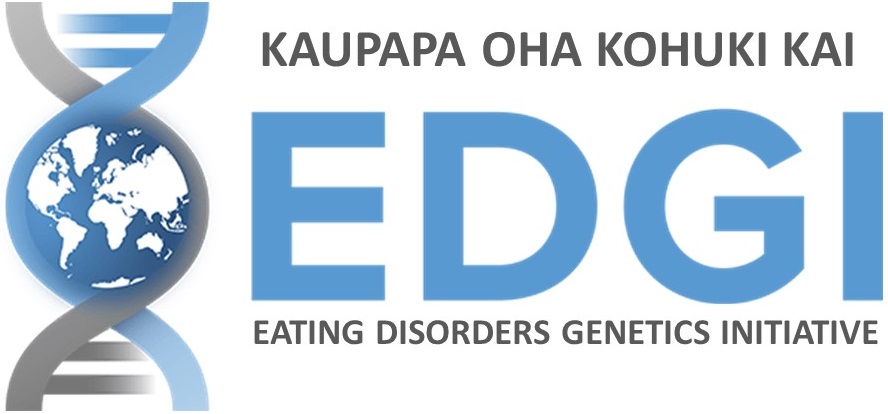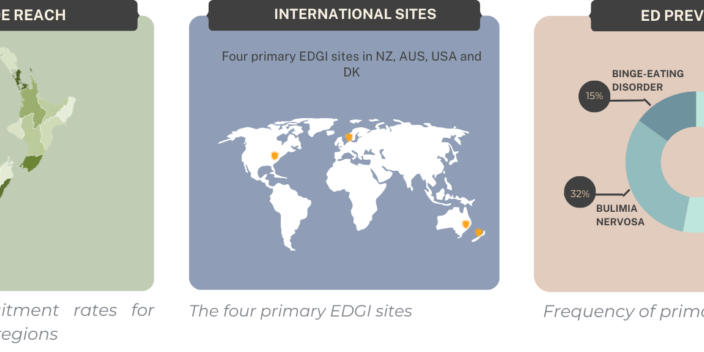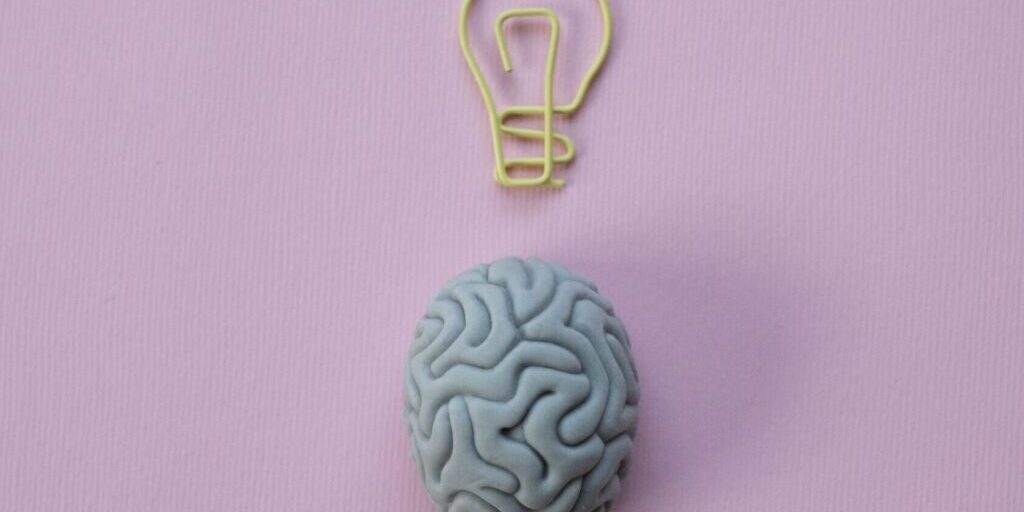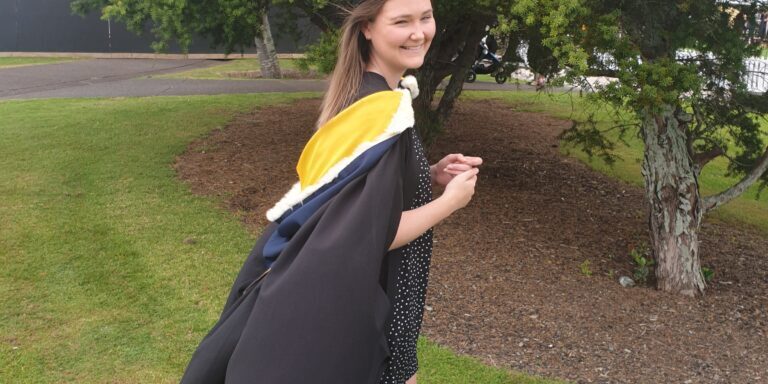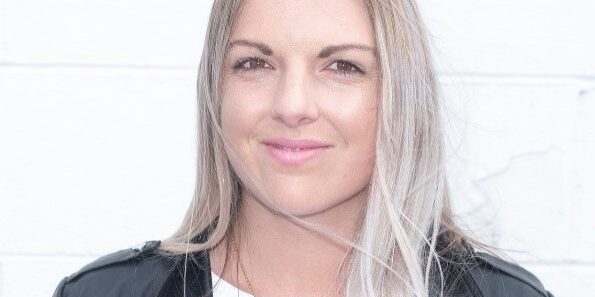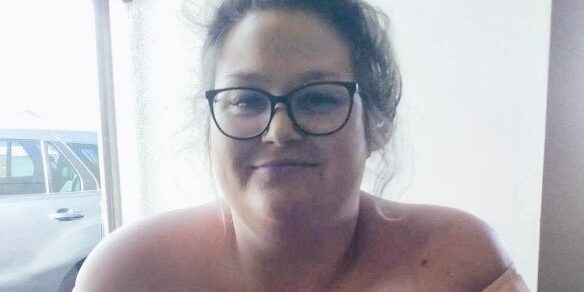Samantha’s story

Café assistant & keen horse rider who spent her teens battling anorexia nervosa, CHRISTCHURCH
Café assistant Samantha, 22, Christchurch has a passion for the arts, including crafts and horse riding.
After waging a six-year-long battle with what she suspected were the symptoms of anorexia nervosa, Samantha eventually received a professional diagnosis of the potentially life-threatening illness at 17 years of age. During this period, Samantha lost all interest in her hobbies and grew extremely anxious and introverted, which resulted in a loss of friends, and interest in school, “which was very out of character”.
“It was when I finally opened up about how low I was feeling, that people started to take action,” said Samantha.
After seeking help from her GP and school counsellor, Samantha was subsequently admitted to the youth ward of her local hospital, and then transferred to its eating disorder wing. It was here that she began to receive the support and treatment she so desperately required, that set her on the road toward recovery.
This is Samantha’s story.
Samantha recalls showing initial signs of her eating disorder at the impressionable age of 12, after which her health managed to improve, and then falter on multiple occasions for the ensuing five years. It wasn’t until the age of 17 that Samantha was officially diagnosed with anorexia nervosa.
Samantha maintains her difficult transition from adolescence to adulthood, during which she struggled with feelings of anxiety and difficulty “fitting in” and finding her identity, triggered her eating disorder symptoms.
“I would describe anorexia nervosa as both controlling and life-threatening,” Samantha said.
“Anorexia makes you feel in control. I resorted to the illness to mask my strong, negative feelings at the time. But the illness developed so fast without me realising it, that I suddenly found myself in the throes of it.
“My illness would come and go. I was fine for quite a while, but then it would return with a vengeance prior to my diagnosis,” said Samantha.
“I eventually lost interest in my art and craft because I was so driven by my weight and image, and controlled by my anxiety.”
During her final year of school, Samantha endured four months of hospital inpatient treatment, which prevented her from completing her final secondary school exams.
At its worst, Samantha’s illness rendered her physically unable to walk. Her ailing heart health saw her confined to bed rest and force fed through a tube, which left her feeling socially isolated and misunderstood by her close-knit circle of family and friends.
Fortunately, at the time, Samantha secured access to an invaluable allied health professional team including a psychiatrist, psychologist, dietitian, nurse and GP, who over time, worked hard to support her recovery. Samantha’s weekly sessions with various members of her multidisciplinary healthcare team afforded her the opportunity to discuss any problems she was encountering, in a bid to support her recovery.
Samantha continued her multi-disciplinary care for anorexia until the age of 20.
“I was so fortunate to have a team around me who really understood me. I’m in a much better head space now thanks to their support, for which I’m most thankful, to say the least,” Samantha said.
Samantha has since managed to rebuild her life. She works as a café assistant and harbours dreams of studying in a field that will enable her to help others in a similar position.
“I do feel that I could fall backwards easily. Recovery [from an eating disorder] is a journey. Fortunately, my very supportive family and friends have helped me to get me through each day,” said Samantha.
Samantha is participating in the NZ arm of the Eating Disorders Genetics Initiative (EDGI) study – the largest and most rigorous genetic investigation of eating disorders ever performed, which aims to generate greater understanding of, and ultimately improve treatments for eating disorders.
“Being able to pre-warn those with a genetic predisposition to eating disorders would prove so advantageous to the lives of future generations,” Samantha said.
